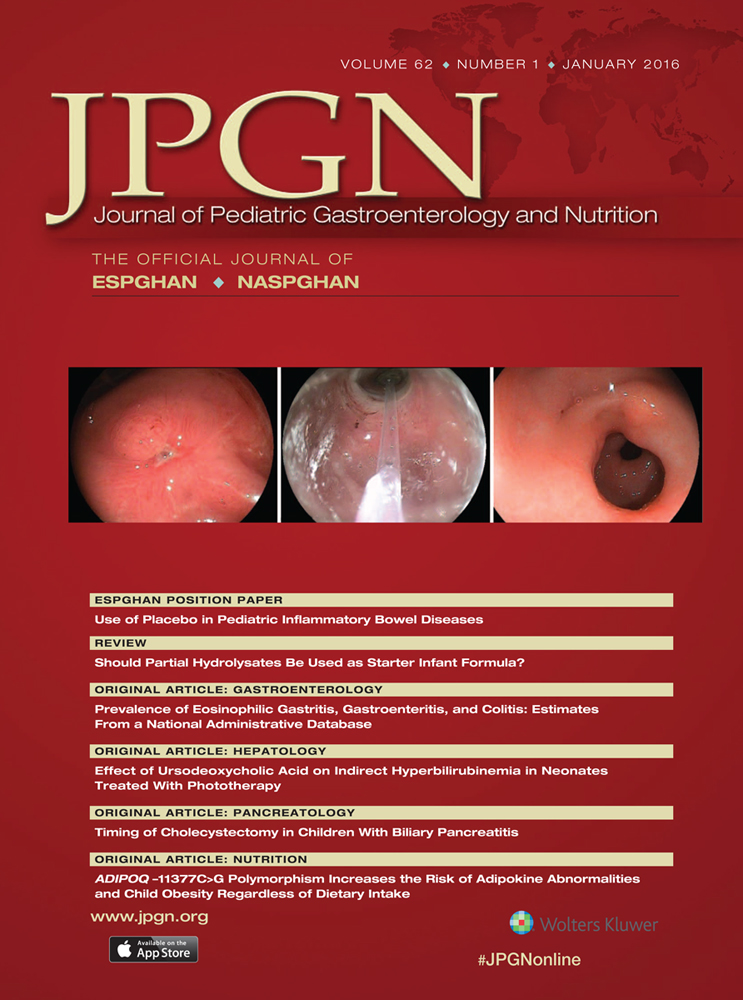Manifestations of Cow's-Milk Protein Intolerance in Preterm Infants
The authors report no conflicts of interest.
ABSTRACT
Objectives:
Cow's-milk protein intolerance (CMPI) is poorly recognized in preterm infants. This study examined the clinical events that preceded the diagnosis of CMPI in preterm infants.
Methods:
This was a retrospective study of infants in a level-III neonatal intensive care unit of those who received parenteral nutrition (PN) support during a 12-month period. Parameters assessed included birth weight (g), diagnosis, duration and frequency on PN, type of enteral feeds at initiation, and achievement of enteral autonomy. CMPI was diagnosed based on persistent feeding intolerance that resolved after change of feeds from intact protein to a protein hydrolysate or crystalline amino acid formula.
Results:
Three hundred forty-eight infants with birth weight (median/range) 1618 g (425–5110) received PN. Fifty-one (14%) infants required multiple courses of PN, and 19 of 348 (5%) were diagnosed with CMPI. The requirement for multiple courses on PN versus single course was associated with a high likelihood of CMPI: 14 of 51 versus 5 of 297, P < 0.001. Nine of the 14 infants identified with CMPI were initially diagnosed with necrotizing enterocolitis (NEC) after a median duration of 22 days (19–57) on intact protein feeds. After recovery from NEC, they had persistent feeding intolerance including recurrence of “NEC-like illness” (N = 3) that resolved after change of feeds to a protein hydrolysate or crystalline amino acid formula.
Conclusions:
The requirement for multiple courses of PN because of persistent feeding intolerance after recovery from NEC and recurrence of “NEC-like illness” may be a manifestation of CMPI in preterm infants.




